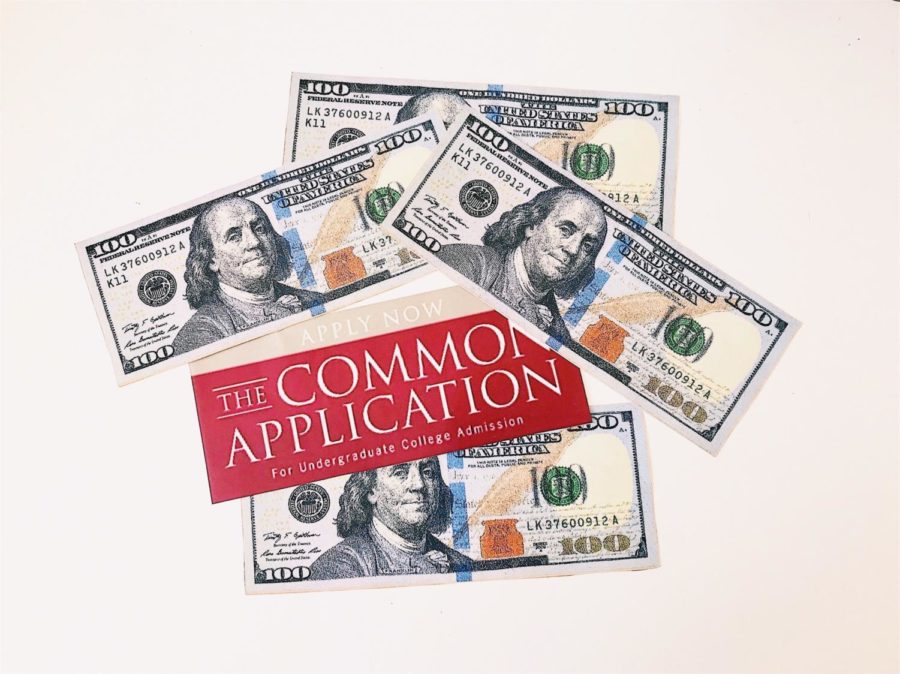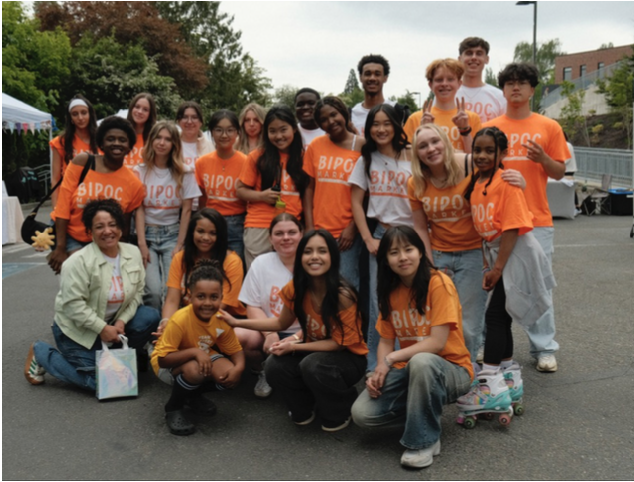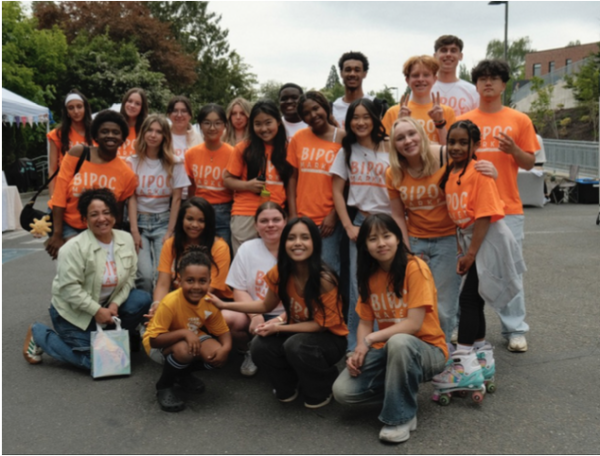Annie Wright weighs in on college admissions scandal
March 29, 2019
News broke about two weeks ago that 50 parents, including top celebrities and politicians, had been charged in bribing and cheating their children’s admission into top US universities such as USC, UCLA, Georgetown and Yale.
While backdoor college admissions – maybe with the help of a large parent donation or a favor from a friend – are nothing new, this case in particular broke precedents by “undermining the institutions themselves,” Upper School college counselor Jeff Freshwater said. Parents forged their children’s credentials, paying up to millions of dollars for fake standardized testing scores and fake athletic profiles. “That’s where the crime is committed,” Freshwater said. “They are portraying this applicant who has no actual qualifications at all.”
For some Annie Wright seniors, especially as they receive college acceptances, waitlists, and rejections of their own, hearing about the scandal brought out negative feelings about the college process in general.
Work ethic
“As a student who has gone through the process, I feel sort of cheated. It feels like it makes the things I do and the work I put into my high school career and, ultimately, college applications, is insignificant,” said senior Erica Chen, who plays competitive tennis and applied to competitive colleges.
Senior Anna Haddad, who has been accepted to MIT and would run on their cross country and track teams, said the scandal “makes you feel like all of your hard work is being washed over by people who have money – people who can just pay for the test score that you worked really hard for…pay to be recruited in a sport that you’ve put so many hours into.”
Many believe education is the best mechanism to bridge inequalities, but this scandal highlights that, even as elite colleges implement programs to make their schools more accessible to low-income, first generation, and minority students, wealth still grants advantages.
“People who have money have an upperhand in the process,” Haddad said. Even putting the drastic measures of this most recent scandal aside, money pays for outside tutors, standardized test prep, and extracurricular opportunities that would be inaccessible to lower-income students.
The system
Freshwater hopes the scandal might spark conversations about “just how complicated and, frankly, cutthroat the system can be.”
“Colleges are self interested to promote certain programs…They have wants and desires and needs, and if you happen to fill that need, then you’re in,” he said. But those “needs” can often overshadow the merits of another student.
“By a student getting into a given university via the recruitment route, another is denied. Taking away one’s hard work is just unacceptable and should never happen,” Chen said.
Haddad also mentioned that for how much attention they get, test scores and grades don’t fully represent the student. “There is no just way of comparing students over one another, and there’s no clear answer of what [the decision] comes down to.”
The value of certain institutions
The scandal has the potential to alter the value placed on certain elite institutions.
“These schools are seen as the highest pinnacle of education – supposedly,” Haddad said. “But are they really valuing education?”
She acknowledged that sometimes the institution as a whole is not to blame, but rather a certain coach or a certain athletic program. But overall, she believes there is a lack of integrity affiliated with endorsing students with falsified qualifications. “I wouldn’t want to be an athlete under a coach who would do that,” she said.
Freshwater said he hopes this scandal causes colleges to reflect on their processes and become more transparent about their institutional needs each year. Realistically, though, he doesn’t see that happening because “it’s in their best interest to keep their admissions rate low because that moves them higher up the rankings.”
Freshwater, who has a Masters in Education from USC, wonders if this scandal will devalue the institutions involved and the degrees granted from those institutions. “Forevermore, if you meet someone who rowed at Yale, you’re going to wonder, ‘How’d you get in?’”










